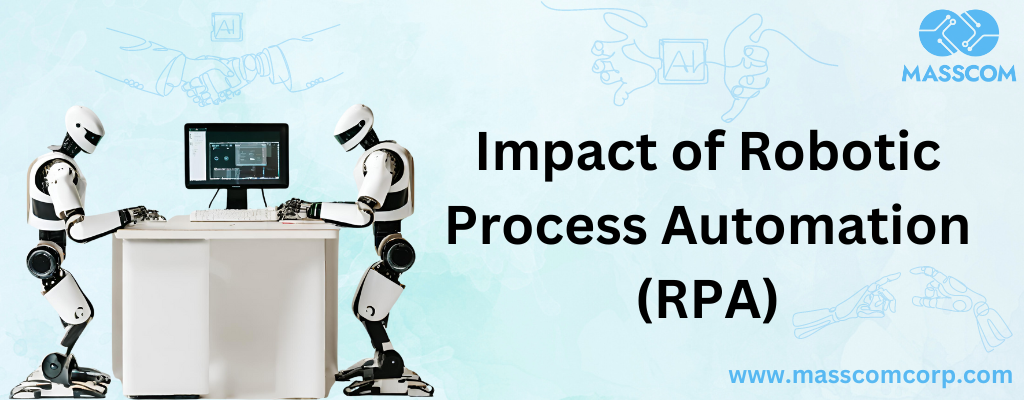What is Robotic Process Automation (RPA)?
It is a technology that uses software robots or “bots” to automate repetitive tasks and processes within organizations. These bots mimic human actions by interacting with digital systems and applications to execute tasks such as data entry, document processing, report generation, and more. Here’s how RPA helps businesses, along with examples:
What are the benefits of Robotic Process Automation (RPA)?
Cost Reduction: RPA can significantly reduce operational costs by automating manual, repetitive tasks that would otherwise require human intervention. This saves time, resources, and reduces the potential for errors. For example, a financial institution can use RPA bots to automate invoice processing, reducing the need for manual data entry and lowering processing costs.
Increased Efficiency: By automating routine tasks, RPA allows employees to focus on more strategic and value-added activities. For instance, in a healthcare setting, RPA can automate appointment scheduling, freeing up administrative staff to focus on patient care and support.
Improved Accuracy: RPA bots perform tasks with high accuracy and consistency, minimizing errors caused by manual data entry or repetitive tasks. This is crucial in industries like retail, where order processing accuracy directly impacts customer satisfaction.
Faster Process Execution: RPA bots work 24/7 without breaks, leading to faster process execution and reduced turnaround times. For example, in logistics, RPA can automate shipment tracking and update systems in real-time, leading to faster delivery times and improved customer service.
Scalability: RPA solutions are scalable, allowing businesses to automate a wide range of processes as their needs evolve. This scalability is beneficial for industries like insurance, where RPA can automate claims processing, leading to faster claim approvals and improved customer experience during peak periods.
Compliance and Auditability: RPA can enforce consistent processes and compliance with regulations by following predefined rules and workflows. In banking, RPA can automate regulatory reporting tasks, ensuring accuracy and auditability while reducing compliance risks.
Lets discuss the project
Masscom’s Dynamic RPA Strategy
Unveiling Lucrative RPA Opportunities
At Masscom, we embrace a startup ethos, valuing frugality and efficiency above all. Our approach to RPA is laser-focused, implementing it only where it directly boosts business objectives, saving costs without compromise.
Harmonizing Teams for Success
Our process starts with a holistic evaluation of potential RPA tasks, ensuring seamless integration across all functions. We collaborate closely with teams to minimize downtime, keeping operations smooth and uninterrupted.
Proving Excellence with PoC
Testing the waters, we pilot RPA on less critical tasks to showcase its prowess. We compare results against human efforts, revealing RPA’s transformative impact on productivity and accuracy.
Deploying with Precision
With successful PoC, we unleash RPA’s full potential across agreed tasks. Rigorous testing, alongside client collaboration, guarantees alignment with our shared goals, ensuring a seamless transition to a more efficient future.
Overall, Masscom’s approach to RPA implementation is effectively designed to deliver tangible and sustainable benefits, making it highly beneficial for the organization and its clients.


